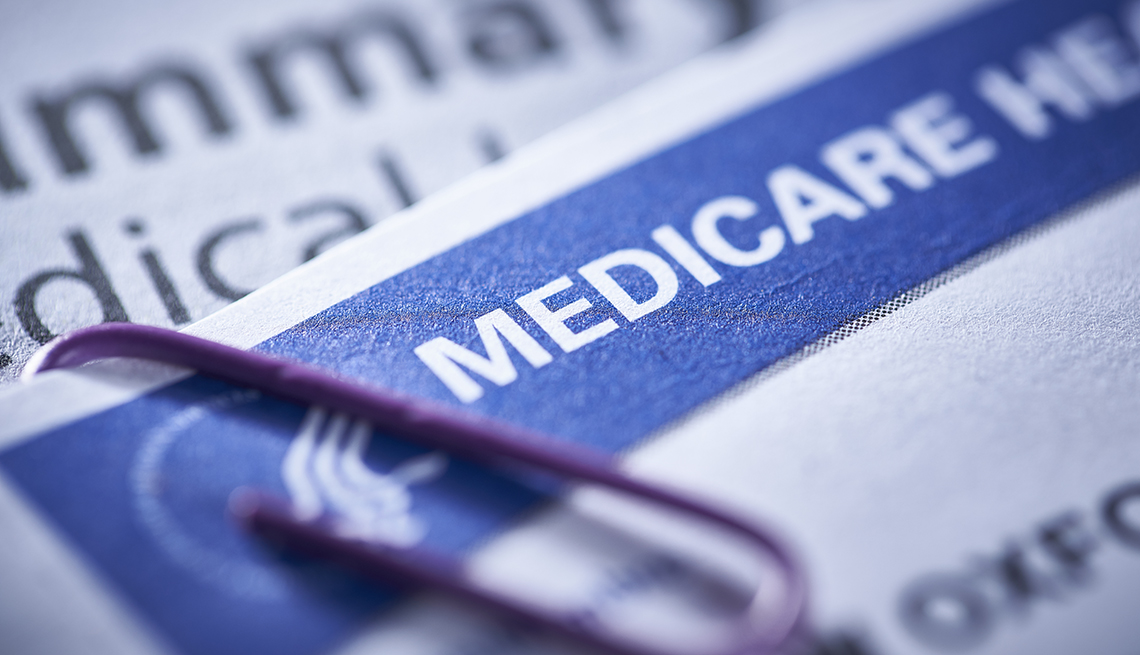Who is Eligible to Receive Medicare?

Medicare is a federally-sponsored health insurance program for people age 65 and older; people younger than 65 with a disability; people diagnosed with amyotrophic lateral sclerosis (ALS), also known as Lou Gehrig’s disease; and those with end-stage renal disease (ESRD). Medicare provides coverage for hospital care (Part A), medical services (Part B) and prescription drugs (Part D). Medicare Part C, also known as Medicare Advantage, offers beneficiaries the option of receiving their Medicare benefits through private health plans.
You are eligible for Medicare if you are a citizen of the United States or have been a legal resident for at least 5 years and:
- You are age 65 or older and you or your spouse has worked for at least 10 years (or 40 quarters) in Medicare-covered employment.
- You are age 65 or older and you or your spouse has worked 30-39 quarters in Medicare-covered employment.
- You are age 65 or older and you or your spouse has worked 0-29 quarters in Medicare-covered employment. You must enroll as a voluntary enrollee and pay the full Part A monthly premium. Note: Low-income programs can help you pay these premiums if you meet the income and asset levels.
- You are younger than age 65 with a disability and have received Social Security Disability Insurance (SSDI) or Railroad Retirement disability payments for 24 months. Learn more.
- You have amyotrophic lateral sclerosis (ALS) — also known as Lou Gehrig’s disease — and have received your first month of SSDI payments.
- You have end-stage renal disease (ESRD) — permanent kidney failure — and require dialysis or transplant.
For immediate help finding out if you qualify for Medicare, contact the Social Security Administration online or by phone at 1-800-772-1213.



